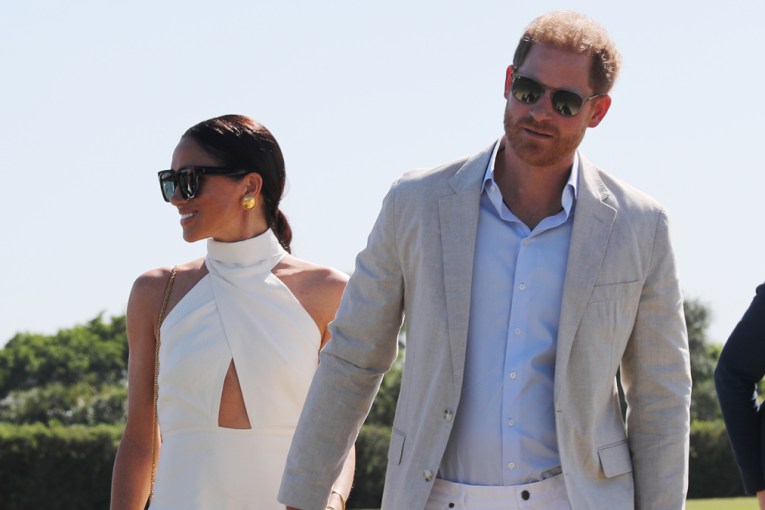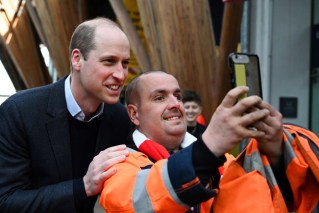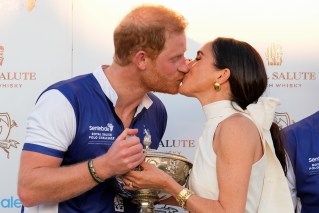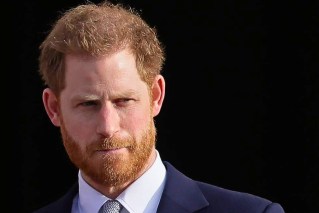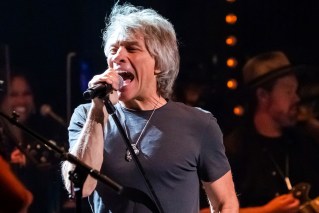Exploding gun, kidnap threat: Mick Jagger’s days in rural NSW
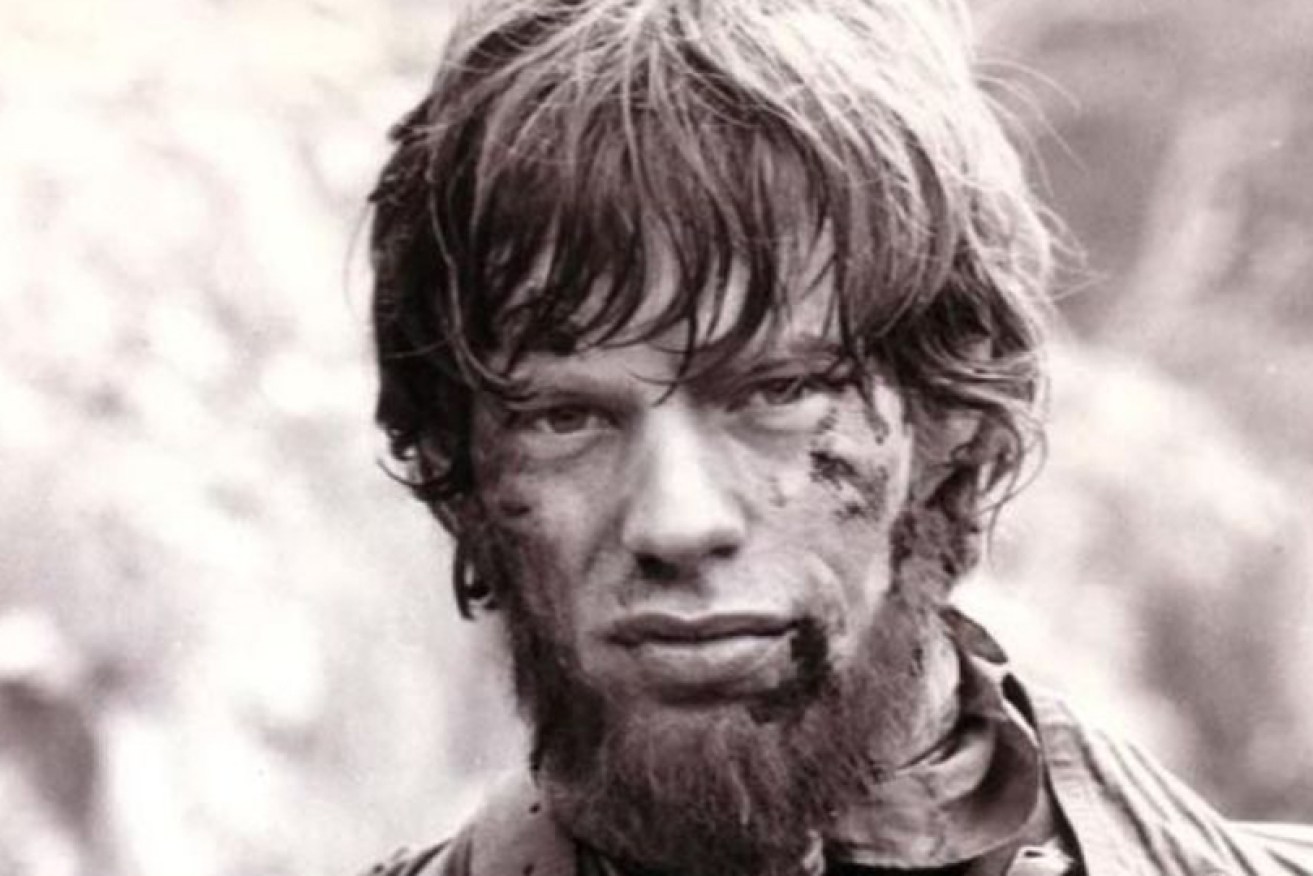
Mick Jagger was in the region to shoot the largely forgotten Ned Kelly film. Photo: ABC
On one September night in 1969, the world’s biggest rock star couldn’t be found in London or New York, but in a rural New South Wales pub, drinking green ginger wine.
The two months Rolling Stones frontman Mick Jagger spent in Braidwood, Bungendore and Captains Flat in south-eastern NSW during the filming of the movie Ned Kelly have become the stuff of legend in the region.
The film itself was panned upon release, reportedly dismissed by Jagger as “a load of s—“, and has been more or less forgotten. But memories of the era have grown larger than life.
And almost every local around at the time has a story to tell.
A rock star for dinner

Margaret Royds says a buzz took hold of the town when Jagger arrived. Photo: ABC
Margaret Royds was about to clear the dinner table at her property outside Braidwood when an inebriated Jagger burst through the door.
“Mick Jagger just bowled in … he said ‘Hello, I’ve come for dinner’,” she recalls.
Despite having one of the most famous men in the world standing in her kitchen asking for a meal, Margaret was forced to decline.
“I got such a shock I said ‘I’m sorry you’re too late. We’ve had ours’,” she said.
Margaret’s son Martin, who was eight at the time, remembers an early glimpse into the debauched life of 1960s superstars.
“I knew he was from the Stones but he seemed a little bit more stoned than he probably should have been,” he said.
“He was very joyous and talkative.
“He’d come for dinner but he was at the wrong house, so Dad asked me to take him to the secondary house on the farm, and I can remember going out the door and nearly having to hold his hand as we walked down through the dark.”
Stories of Jagger frequenting local pubs, even treating locals to impromptu performances, are common — but then owner of Braidwood’s Royal Mail Hotel Ros Maddrell said one memory stood out for her.
“We had a couple of English ladies who stayed in the pensioners’ units … and they came to the pub one afternoon,” she said.
“They came from the same village as his parents. Well talk about old home week — gone was his accent, back he was to being in the little village in London.
“For the whole time that his film crew was in Braidwood, they had whatever they wanted to have at the pub, lunch or dinner at night. It was free. Whatever they wanted to drink was free, and they had to make sure that somebody in the pub drove them home.”
How an exploding pistol created a classic
About town, Jagger faced some mockery for his slight build and flamboyant style.
Of particular ridicule in a 1960s bush town was his inability to ride a horse.

A sketch of Mick Jagger made during the filming of Ned Kelly. Photo: ABC
“He got rubbished a little bit by our local blokes because he had a stand-in to ride the horse … but he took it all in good part,” Ms Maddrell said.
“He would’ve liked to have just been himself.
“That’s why he stayed out of town, so he could relax I think — do his own thing.”
The property Palerang, about 30 kilometres outside of Braidwood, served as home for Jagger and senior members of the crew, and was the birthplace of one of the Stones’ best-known songs.
A prop gun backfired, lodging a piece of metal in Jagger’s right hand, and it seemed the only cure was rock n’ roll.
Entertainer John Shortis, who wrote a cabaret act based on Jagger’s time in the region, said the iconic Rolling Stones song Brown Sugar was written at the property.
“The doctor said that he needed to exercise his hand, which to Mick Jagger could mean a number of things,” John said.
“He chose to play the guitar, and while he was there he started writing the song.”
Kidnappers, cops and cannabis
According to the diaries of author Christopher Isherwood, who visited Ned Kelly director Tony Richardson at Palerang, Jagger and Co. were the hosts of the most heavily protected drug party in all of Australia.
It started in early September, with a call for police to guard at the property.

Jagger allegedly hosted “pot parties” in the hall at Palerang. Photo: ABC
Whether the threat was real or imagined, word had got to Jagger and Richardson that drunk students from Canberra would soon descend on Palerang to “kidnap” Jagger and ransom him for charity.
“There were 10 policemen sitting up in the kitchen all night, waiting for the students who never showed,” Isherwood wrote.
“Without knowing it, they were guarding a pot party that was going on in the living room!”
Production woes
Jagger’s time in the “wilderness”, as his then-girlfriend Marianne Faithfull is said to have called it, was not without controversy.
For a start, criticism of Jagger’s casting in the role of Ned Kelly was swift.
His lack of Irish heritage, and slim build were called into question — despite the fact Ned Kelly was actually five centimetres shorter than Jagger.

Palerang, 30 kilometres west of Braidwood, which hosted Mick Jagger in 1969. Photo: ABC
Most famously, Faithful overdosed on perscription drugs shortly after their arrival in Australia, and spent several days in the care of nuns at a Sydney convalescent hospital.
The couple also left the UK just days after the death of Jagger’s bandmate Brian Jones, and Jagger had not attended the funeral due to his Australia trip.
Those woes were reflected in the film’s reception. In a savage review, the Sydney Morning Herald said Jagger came across as a “dullard”.
“Mick Jagger may have the girls screaming when he sings rock and roll but there were no screams for him when he played Ned Kelly … unless you count screams of anguish,” the reviewer wrote.
Jagger and Richardson both failed to attend the film’s premiere, and Jagger was later quoted saying of the film: “That was a load of s—. I only made it because I had nothing else to do … you never know until you do it whether a film will turn out to be a load of s—, and if it does, all you can say is ‘well that was a load of s—,’ and try to make sure you don’t do anything like it again.”
According to publican Jamie Raynolds, who was an extra in the film and recalls a “charismatic” Jagger ordering green ginger wine at his bar, the rock star seemed uninterested in being a film star.
“We were both in makeup together, sitting right beside each other, and he got his makeup finished and walked across the lawn on a vacant block of land and went ‘choop’,” says Jamie, imitating Jagger’s famous dance moves.
“I could tell he wanted to get back to the rock n’ roll scene as quick as he could.”
Out of the limelight
Despite the buzz in the region following the film’s announcement, Braidwood residents from the time believe Jagger would have found their country attitude refreshing.
“He mixed in with everybody around town. They all did. They were all very friendly,” Ms Royds said.

Ros Maddrell says Jagger enjoyed his time in the region. Photo: ABC
“I think he enjoyed being in a small country town, and everybody treated him like normal. I think that was quite eye-opening for him probably.
“They just accepted him as another person here, as they do in Braidwood. It’s just one of those old county fashions.”
Ms Maddrell said Jagger remained prominent among famous faces that had visited the region, and walked the streets enjoying relative anonymity.
“Mick Jagger could have done that too. Nobody would have had a clue about who he was, if he just dressed as ordinary,” she said.
“And I think that’s what he liked — just being ordinary. It’s hard isn’t it?”
